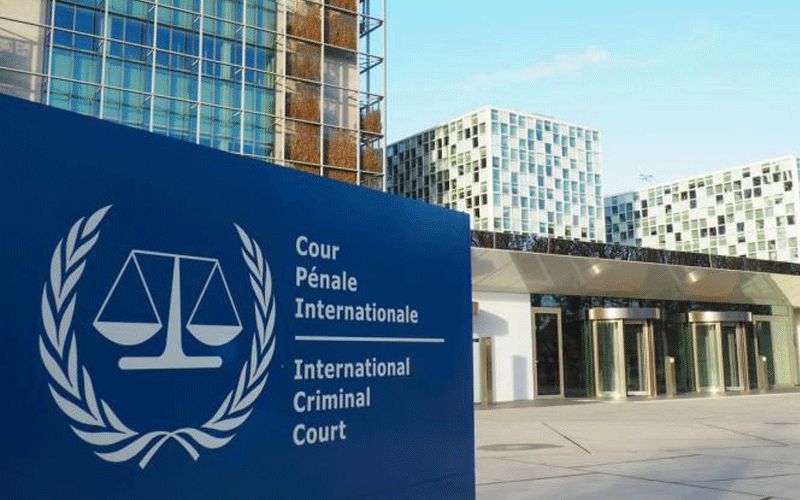Bangui, 17 October, 2020 / 4:00 pm (ACI Africa).
Details of what a project established to restore the dignity of those who have survived acts of violence in the Central African Republic (CAR) seeks to achieve have been outlined in a report published Monday, October 12.
In the report, the leadership of Cooperazione Internazionale (COOPI) that is spearheading the 12-month pilot project in CAR also gives an overview of the background of the current crisis.
“Specifically, on the basis of identified needs, COOPI's action will seek to contribute to meeting the food and nutritional needs of victims, to improve access to education for children and access to social services (hospitals and counseling centers),” the leadership of COOPI, an Italy-based non-governmental organization (NGO) that was founded by a Jesuit Cleric reports.
The project, which is being realized thanks to a financial subsidy from the Trust Fund for Victims of the International Criminal Court (ICC), seeks “to support job creation through the development of income-generating activities, and to contribute to strengthening social cohesion,” officials of COOPI say in their October 12 report.
“In addition, given the global health context characterized by the COVID-19 pandemic, cross-cutting activities will be implemented to raise awareness and prevention of this disease,” they say in their October 12 report published under the headline: “CAR. Assistance to the survivors with the International Criminal Court’s Fund.”








